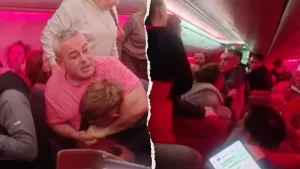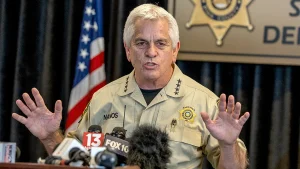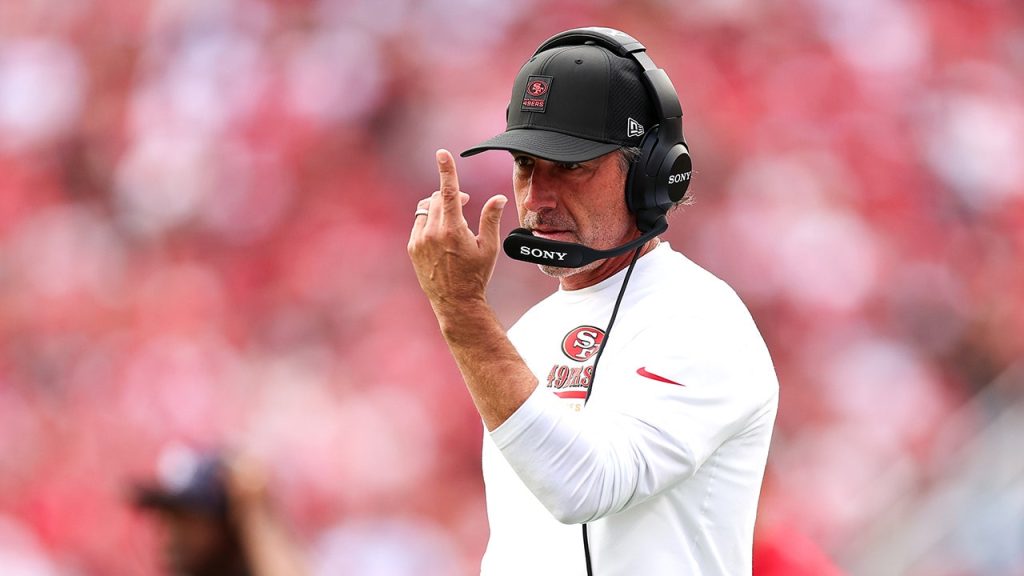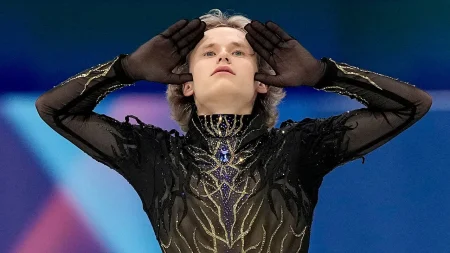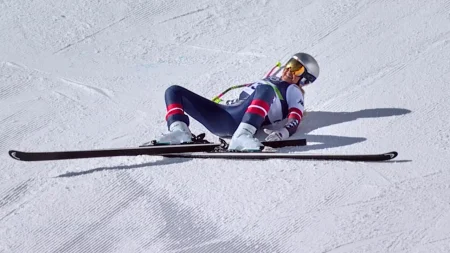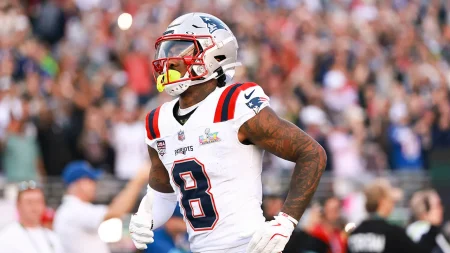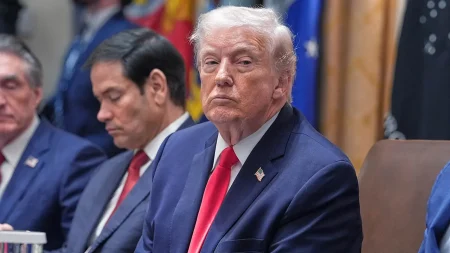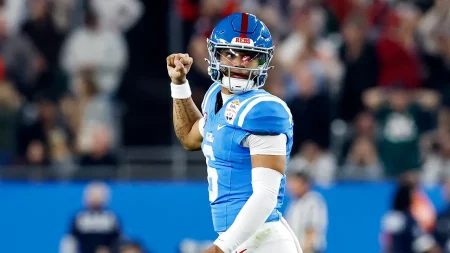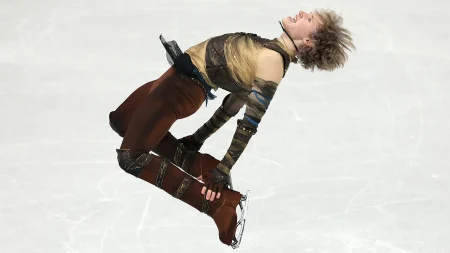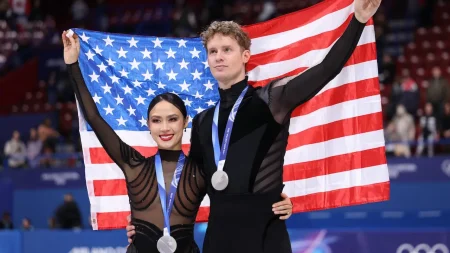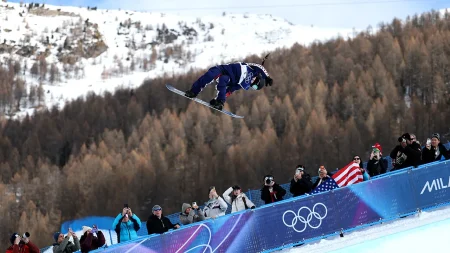Kyle Shanahan Downplays Heated Exchange with Jauan Jennings: A Story of Tension and Resilience
In the high-stakes world of NFL football, emotions can run as high as the expectations. This was evident during the San Francisco 49ers’ recent loss to the Tampa Bay Buccaneers, where an intense sideline exchange between head coach Kyle Shanahan and wide receiver Jauan Jennings caught viewers’ attention. What might have appeared as a dramatic confrontation to spectators was, according to Shanahan, simply an “intense conversation” between two competitive individuals. The incident occurred in the first half, with reports suggesting multiple heated interactions, one serious enough that wide receivers coach Leonard Hankerson physically separated Jennings from his head coach. Despite the visible tension, Shanahan has been quick to minimize the significance of the exchange, suggesting it was merely the natural byproduct of the competitive environment of professional football.
The backdrop to this sideline drama reveals a deeper story of physical struggle and determination. Jennings had just returned to action after missing the previous game due to significant injuries—five broken ribs and both high and low ankle sprains. His performance against the Buccaneers was understandably limited, managing just one reception for 7 yards while committing more penalties than catches. The frustration of playing through pain while being unable to perform at his usual level likely contributed to the emotional exchange with his coach. When questioned about disclosing his injuries to the media after the game, Shanahan expressed no concerns, instead praising Jennings’ commitment to playing despite his physical limitations.
“I think when you’re in an intense football game and stuff that two people who know each other pretty well and are pretty competitive about things can have really intense conversations that don’t always come off as a normal conversation,” Shanahan explained to reporters. His comments paint a picture of a relationship built on mutual understanding and respect, where passionate exchanges can occur without lasting damage. “We were aggressive and intense in our conversations, but I think conversations like that can also lead to making people closer and leading to a better outcome for people,” he added, suggesting that such moments of tension can actually strengthen the bonds within a team rather than weaken them.
The situation with Jennings is just one piece of a larger puzzle of challenges facing the 49ers this season. The team has been decimated by injuries to key players, creating a pressure cooker environment where emotions naturally run high. They were already navigating a season without defensive star Nick Bosa and had lost starting quarterback Brock Purdy when, during the same game as the Shanahan-Jennings incident, four-time All-Pro linebacker Fred Warner suffered a season-ending ankle injury. These cumulative blows have tested the resilience of the entire organization, from the coaching staff to every player on the roster. In this context, emotional outbursts become more understandable—they’re the human response to extraordinary circumstances and disappointments.
Shanahan’s assessment of Jennings’ mental state offers insight into how professional athletes and coaches manage the complex interplay between physical pain and emotional well-being. “I think Jauan’s in a good mental space. I think Jauan’s a very emotional player. I think that’s one of the things that makes him great,” Shanahan observed. His comments acknowledge the double-edged nature of intensity—it’s what makes Jennings effective on the field, but it also manifests in moments of visible frustration when things aren’t going well. The coach’s perspective highlights an important truth about professional sports: the qualities that make athletes exceptional—passion, intensity, competitive drive—are the same ones that can lead to emotional flare-ups in moments of adversity.
Looking beyond the sideline drama, there’s a story of professional respect and mutual commitment between coach and player. “Jauan battled completely to come play in that game. I know he’ll battle it again to do it this week,” Shanahan said, expressing confidence in Jennings’ determination. “I’ve got a lot of love for Jauan and I just hope he can get healthier so he can get back out there and be more consistent for us.” These words reveal the human side of professional football—behind the strategic decisions and emotional confrontations are relationships built on shared goals and genuine concern for one another’s wellbeing. As the 49ers continue navigating their injury-plagued season, it’s these human connections that will likely determine how well they weather the storm, transforming moments of tension into opportunities for growth and deeper solidarity within the team.
